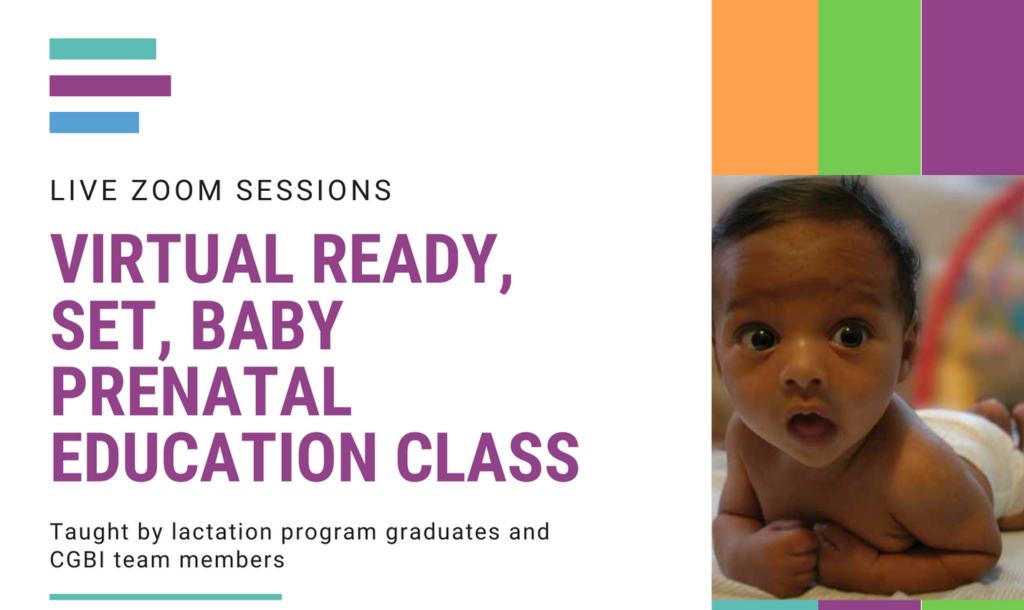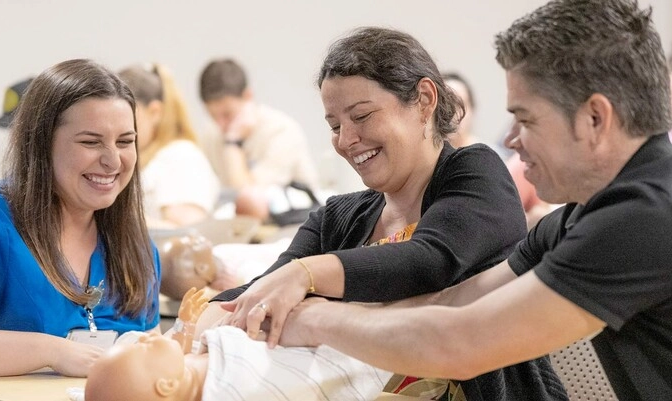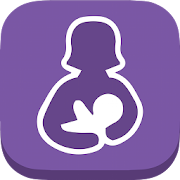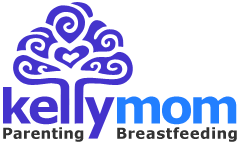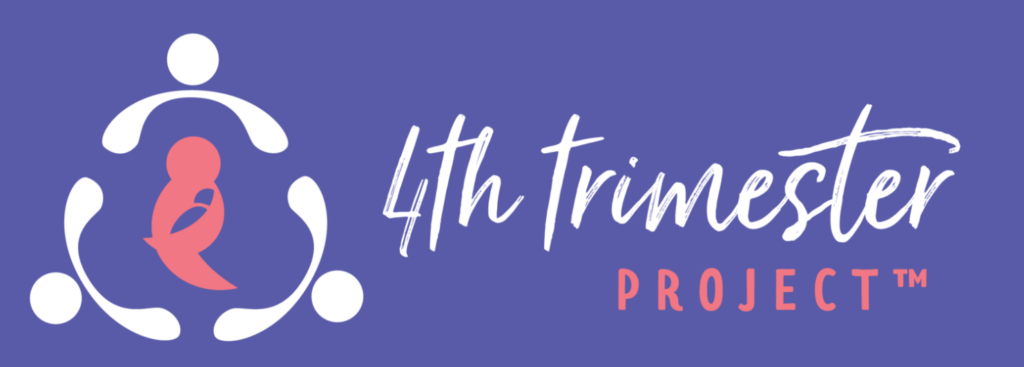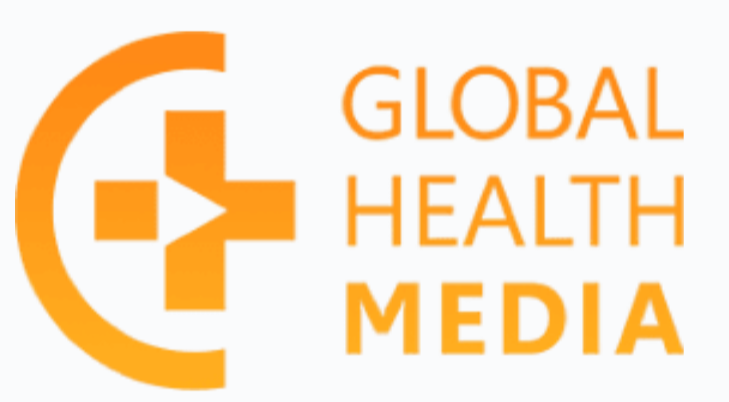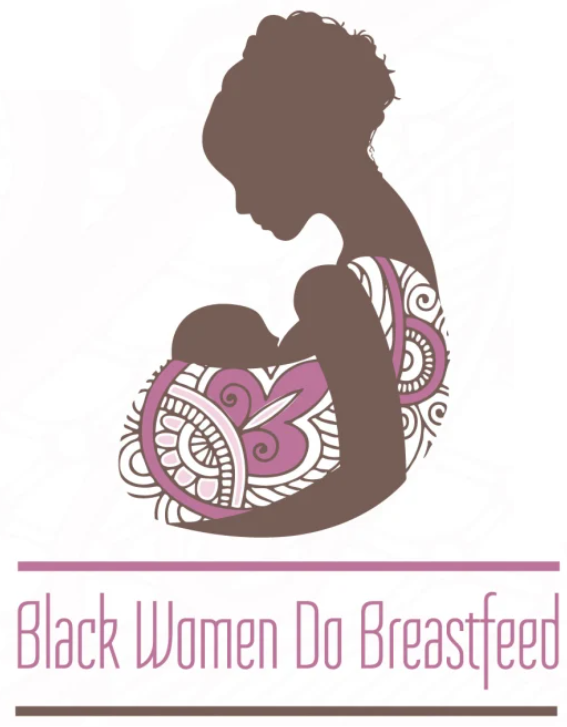If you live in Durham, hope to breastfeed, and are about to birth in a hospital, what are the things you need to know? Originally written by Durham Families

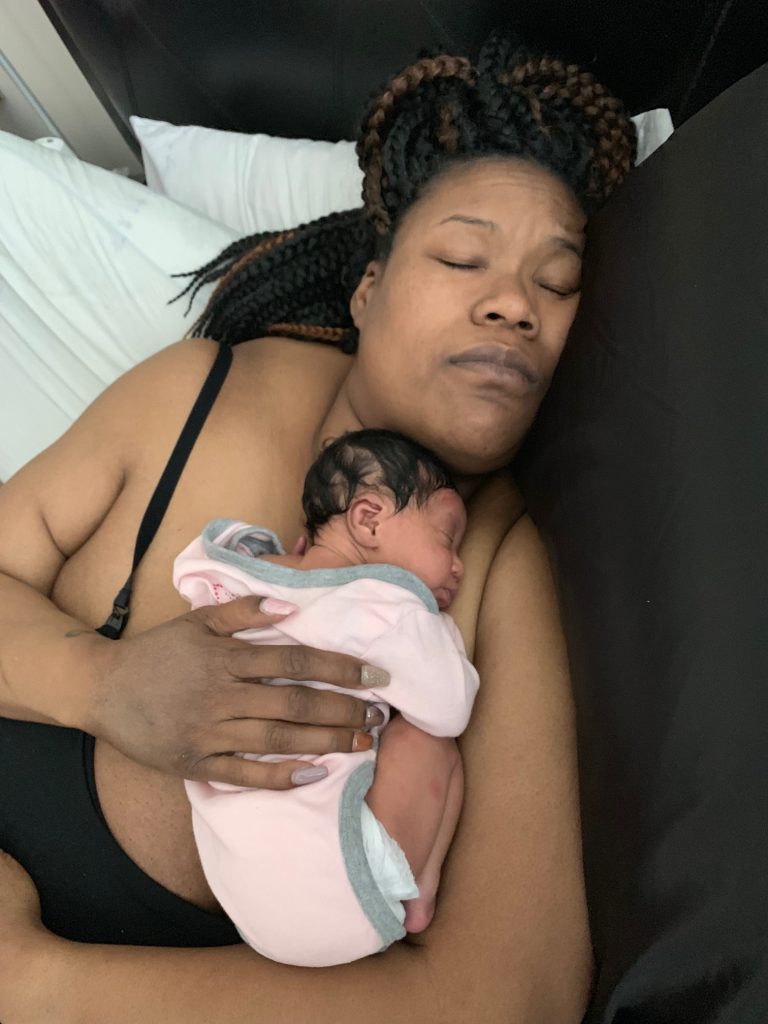

Create a Breastfeeding Plan
Your Breastfeeding Plan is your plan of action. It helps your family and health care providers understand your ideal hospital experience and feeding goals. Consider working together with your partner to fill out this Breastfeeding Plan. It will help you set your breastfeeding goals and it will help your health care team understand what you need during and after delivery. This plan can be completed with your doctor, your baby’s doctor, or the hospital staff.
Prenatal Breastfeeding Class
Ready, Set, Baby.
- The Ready Set Baby website allows expectant parents to choose a self-paced experience to prepare for their breastfeeding journey.
- Resources about breastfeeding at every stage are available on their website.
- Parents can also attend a weekly Prenatal Breastfeeding Education Live Class via Zoom every Monday at 1pm and 3pm.
Preparing for Baby Classes
- Duke Health offers classes delivered by nurses who specialize in labor and delivery and caring for your new baby.
- The classes cover a variety of topics for expectant parents and caregivers so you can learn about aspects of birth, postpartum, breastfeeding, and caring for a baby including newborn safety, CPR and choking.
Things to know
The more you know about nursing before you have a baby, the better prepared and more confident you will be!
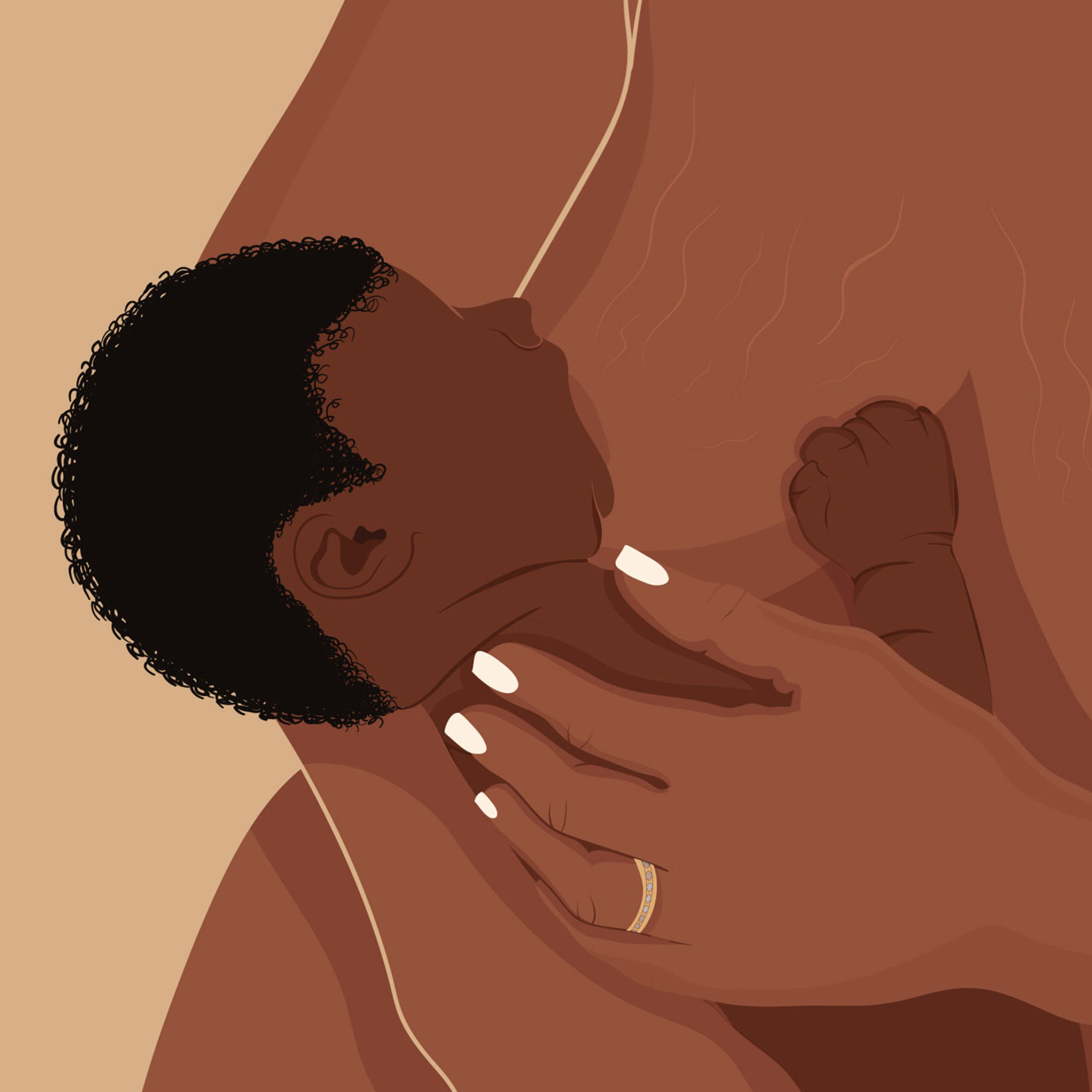
Breastfeeding Basics
- Breastfeeding is natural, but does not always come naturally
- Skin-to-skin: Have your baby’s skin in direct contact with yours
- Hardly any milk will come out at first, and that’s ok. Your body is producing colostrum, which is important for your newborn, who also has a very tiny stomach. More milk will come, either gradually or suddenly, over the next several days.
- Nurse very frequently. The more baby nurses, the more milk your body will make.
- Babies nurse not only for nourishment, but for many other important reasons.

Breastfeeding Support
- Ask for help, find support – Every question is a good question.
- Start early and continue to build a strong support network.
- Lactation Support: Find a lactation consultant, La League Leader, or friend/family member that can support you after you leave the hospital or birth center.
- There should be a lactation consultant that visits daily while you are in the hospital.
- Know whether your pediatrician has a lactation consultant on staff.
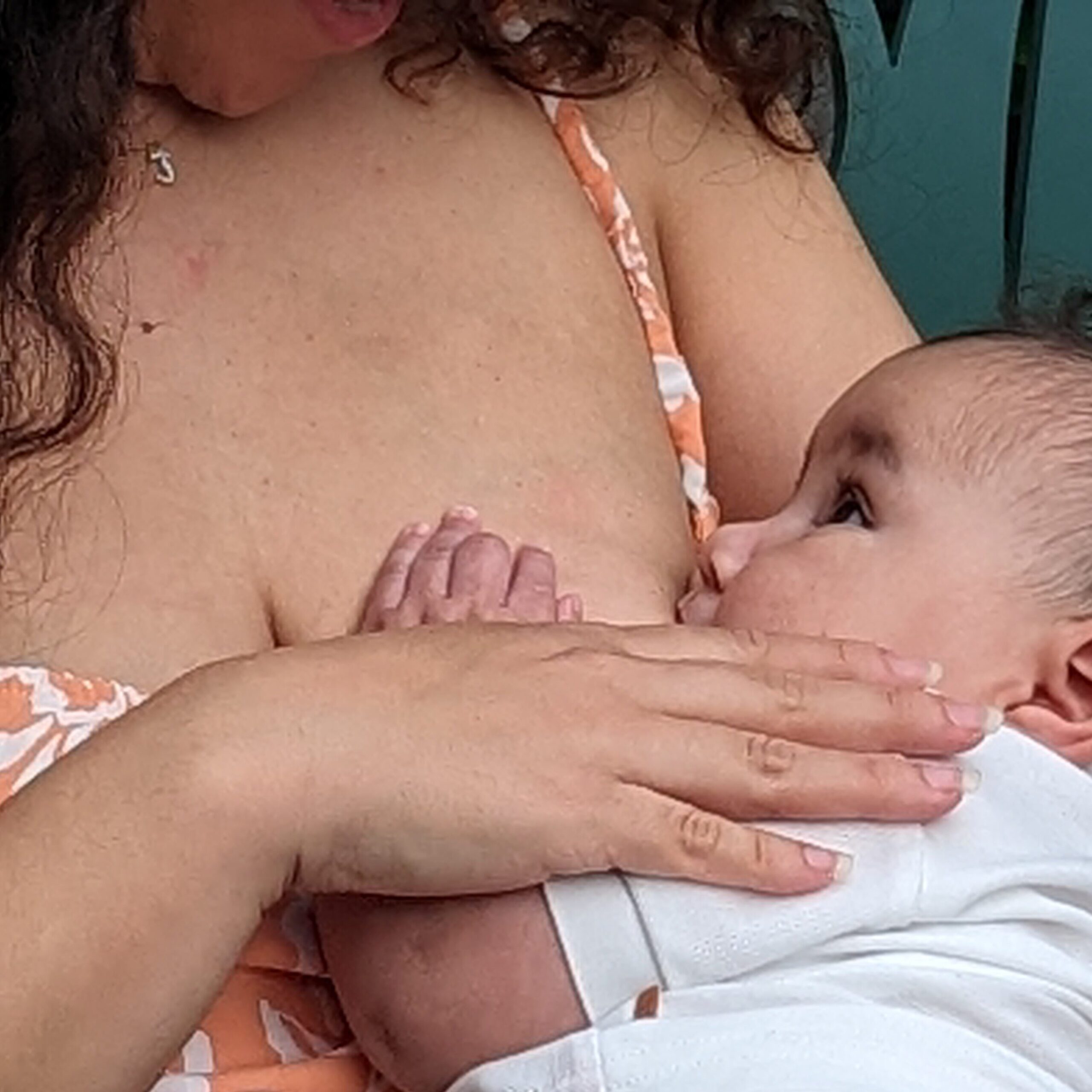
Breastfeeding in the Hospital
- If your goal is to get baby on the breast in the delivery room, make it known.
- Look for the term Baby Friendly Hospitals: These are hospitals that will support rooming-in and breastfeeding for newborns and their families
- Take a nursing bra with you. There are many different types of nursing bra (pumping, nursing, sleeping, etc.) and there is sure to be one to suit your needs.
- Have somebody to advocate for you – whether that be a partner, another family member, or friend or support person.
- What if there is no one else with you in the hospital? There are many private doula services in the area, as well as a volunteer doula pool which may be available to you.
Giving Birth
A Birth Intention Plan is an outline of your preferences during your labor and delivery. You can include anything you think will make your labor and birth more comfortable. If the unexpected happens, your Birth Intention Plan will help you and your support team navigate through the changes of birth.
- Birth Intentions Plan from Scrunchy Mama Wellness by Erin Crites, LCCE & Doula
- Carolina Global Breastfeeding Institute is offering free Ready, Set, Baby sessions to prepare couples to deliver at Baby-Friendly Hospitals. These sessions are in English and in Spanish.
- It’s a good idea to discuss your birth intentions plan with your provider in the weeks prior to delivery. It can be scanned into your medical record. Talk with your provider about your preferences, and how they can be honored while prioritizing your health and the health of your baby.
- If you have a specific birth intentions plan, make several copies and take it with you to your delivery location. Hand it out to everyone on your care team!
What are the best websites?
Other questions about hospital birth:
- Where will it be easiest to room in?
- Where is the best lactation support?
- What hospitals have the highest breastfeeding rates after birth and then a few weeks out?
Please contact us with any feedback or questions.
Updated March 2025

